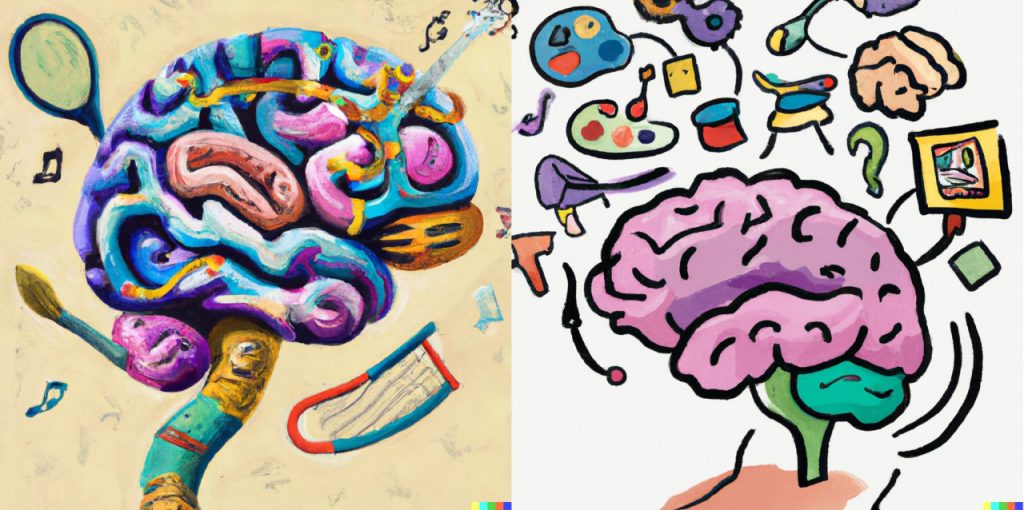
Where are the polymaths?

According to Hindu mythology, human beings will become shorter and shorter as the yugas (epochs) go by. For instance, in Treta Yuga, humans were supposed to be 8 feet tall; and by Kali Yuga, they are supposed to have shrunk to 6 feet, and will keep on shrinking as this yuga progresses.
Set the mythology aside for a moment and mull over the achievements per human over the last 700 years. You will be tempted to conclude that we have truly shrunk in that area.
Consider these women and men, most from a few hundred years ago: Leonardo da Vinci, Hypatia, Mary Somerville, Maria Sibylla Merian, Al-Biruni, Ibn al-Haytham, Jagadish Chandra Bose, Rabindranath Tagore, Alan Turing, Benjamin Franklin, Thomas Jefferson and Linus Pauling. These humans were among the rarest of rare human subspecies – the polymath.
Each of these names made significant contributions to at least three completely different fields, which according to Waqas Ahmed, the British author of the 2018 book, “The Polymath”, is the definition of a polymath. For instance, Leonardo da Vinci, whose name we recall first when we hear the word polymath, made noteworthy contributions as a painter, draughtsman, engineer, scientist, theorist, sculptor and architect! Hypatia, his senior by over 1,000 years, was a philosopher, astronomer, and mathematician.
You may have noticed that in our age, we are bereft of such polymaths. Why is this so, do you wonder? I have a hypothesis that rests on 3 points:
a. The concepts of focus and specialisation are the enemies of polymathism. As with everything else that we celebrate today, focus may have benefits. But focus is overrated. By definition, it means a narrowing. Not a widening. Blinkers are great if you’re a horse and your rider needs you to be kept on the straight and narrow and not be distracted. But you have to decide whether you are a horse and are meant to be ridden by someone else. If you fancy yourself a human being of free will and polymath dreams, then curiosity and distractibility are your friends.
Distractibility has been made out to be an evil thing. It is not. Academics who have studied his life have inferred that Leonardo da Vinci had ADHD. They say that he switched “from task to task,” worked continuously throughout the night, sleeping rarely and “alternating rapid cycles of short naps and waking”. He famously took 14 years to finish the Mona Lisa, because there was no way he could sit at one task in a dedicated manner. All signs of a neurodivergent and chronodiverse brain. And yet, he is among the most prolific geniuses to have ever walked this planet.
b. We have been demonising attention-deficit, training people to focus more and trying to treat ADHD. When instead, we ought to be encouraging people with such neurodiverse brains to indulge themselves and discover everything that they want to. This, I believe, is part of the reason why we don’t see polymaths emerging in our age.
c. Waqas Ahmed also points out calls out “the cult of specialisation” and draws our attention to education systems that stifle polymathic nature by forcing learners to specialise in narrow topics. I’m inclined to agree; schools have for several decades forced children to choose science versus art versus commerce. How about schools that encourage kids to choose zoology, art, economics and drama?
Author Robert Heinlein once wrote: “A human being should be able to change a diaper, plan an invasion, butcher a hog, conn a ship, design a building, write a sonnet, balance accounts, build a wall, set a bone, comfort the dying, take orders, give orders, cooperate, act alone, solve equations, analyse a new problem, pitch manure, program a computer, cook a tasty meal, fight efficiently, die gallantly. Specialization is for insects.“
Understanding Polymathy:
Now many of us may be tempted to look at this and say, “Hey, I have multiple interests too. I paint and run and bake and write. I’m a polymath too!” For you, I have this to offer: Chemist, author and art collector, Carl Djerassi says: “Nowadays people that are called polymaths are dabblers in many different areas. I aspire to be an intellectual polygamist. And I deliberately use that metaphor to provoke with its sexual allusion and to point out the real difference to me between polygamy and promiscuity. To me, promiscuity is a way of flitting around. Polygamy, serious polygamy, is where you have various marriages and each of them is important. And in the ideal polygamy I suspect there’s no number one wife and no number six wife. You have a deep connection with each person.”
Consider da Vinci’s serious involvement with painting, writing, designing buildings and inventions, and you will notice that the involvement represents not a mere dabbling.
Also… Why is it important that the fields of achievement be distinct and that they be fields of study? Because otherwise, bodybuilder, actor, businessman and politician Arnold Schwarzneggar would be considered a polymath. Has he made noteworthy achievements in four fields? Yes. Is he a da Vinci or a Tagore? Ahem, no! Which is why traditionally, businesspeople are not included in polymath lists. Business is not a discipline. Also, businesses have traditionally over-valued specialisation and focus, and are therefore inherently anti-polymath.
Waqas Ahmed’s book argues that “specialisation encouraged by the production lines of the Industrial Revolution is counter-productive both to the individual and wider society. It suggests that the complex problems of the 21st century need the versatility, creativity, and broad perspectives characteristic of polymaths.“
There have been a few people who have diverse interests and they end up creating things that aren’t just functionally useful, but also socially important or beautiful. Steve Jobs’ interest in calligraphy and art led to the development of fonts on the personal computer and to attractive devices like the iPod. Richard Branson’s interests in music, media, aviation and space exploration have led him to found companies such as Virgin Music, Virgin Media, Virgin Atlantic and Virgin Galactic. Certainly the world can use CFO’s who are also sociologists and psychologists and engineers who are also climatologists and artists. Just imagine what we could change if people were like that!
Sources:
https://en.wikipedia.org/wiki/Polymath#Waqas_Ahmed
https://www.cnn.com/style/article/leonardo-da-vinci-adhd-scli-intl
https://en.wikipedia.org/wiki/Competent_man
https://www.the-polymath.com/the-last-days-of-the-polymath-the-economist/
Aman works in leadership, talent and organisation development, teaches positive psychology at the TISS-ODA ODCP and coaches professionals on their strengths. His attentionally-challenged brain rejects the idea of single-minded focus and indulges his multiple interests such as history, archaeology, anthropology and paleontology. He spends his spare time on Wikipedia and has even taught a course on dinosaurs.